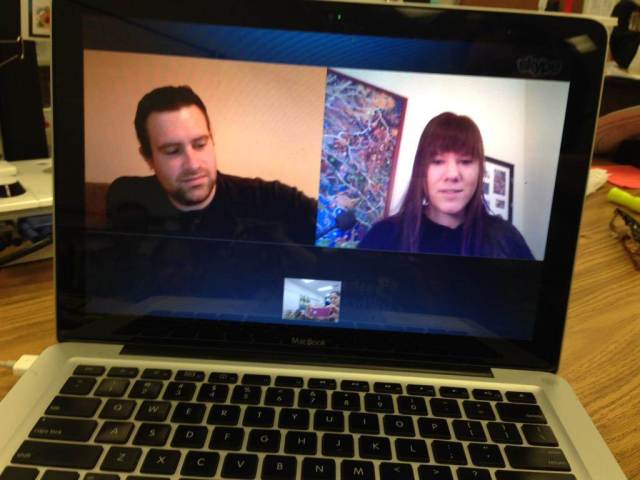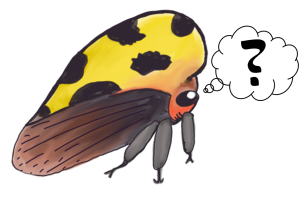For the month of May, Nancy and I decided to focus on questions which were submitted by parents and teachers on behalf of kids. We’ve had a lot of opportunities to talk to kids, whether it’s through skype classroom visits or just through our webpage, and they’ve asked us a lot of questions that demonstrate a lot of curiosity and thought…and we wanted to reward that somehow.
We have a bit of a soft spot for budding scientists, and a love of science starts in childhood. Children are obviously very curious about the world, and make all sorts of neat observations. They think about the natural world, and often they approach questions the same way a scientist would.
Unfortunately, understanding some things requires a certain familiarity with vocabulary. Anybody can understand any concept in science if someone takes the time to properly explain the topic. Explaining the topic requires code-shifting, which is a replacement of a complex and specialized vocabulary with a less complicated vernacular.

In order to show us what they knew about insects, Mendel’s class designed insects for us. The kids did a pretty good job of incorporating things like looks and sounds into their creations. Often, these were based on insects they knew a little bit about.
If someone came up on the street and asked me a question, it wouldn’t do them any good to explain it to them like I would explain it to a colleague. Instead, I’d need to slow it down and make comparisons they’d be more familiar with. That’s why a lot of the posts on our page are written at a high school reading level or below. When answering these questions, we like to answer them as we would if we were talking to our readers.
So with that in mind, you might notice our posts are a bit different this month. It’s something we’re doing on purpose. We want to explain these topics to the people who are asking the questions, using vocabulary they’re likely familiar with. In particular, there are two things about our posts we’re going to change for the month.

Mendel’s class keeps in touch by tweeting updates, pictures, and questions at us. Some of these pictures, like this one, will be the topic of this month’s articles.
First, all of our posts are going to be written at a 3rd to 5th grade reading level. Our vocabulary will be less precise (e.g. use of the word ‘bug’ for non-hemipterans), our sentence structures will be a lot more simple, and words will be much smaller. This is to ensure that kids would be able to read the answers to their questions with minimal adult input.
Our posts are also going to be shorter than normal, to compensate for the reduced attention spans of kids. Complicated questions require longer explanations, but we’re going to try to keep our posts below 1,000 words.
These changes aren’t permanent by any means. This is an experiment for us, and we want to see how well it works. Our audience is important to us, and this is one way we believe that we can best serve our readers.
So stay tuned to read about the sorts of things kids think about!



Sounds like a great project and will suit this older kid too!
LikeLike
We hope so! =D Thanks for the support!
LikeLike